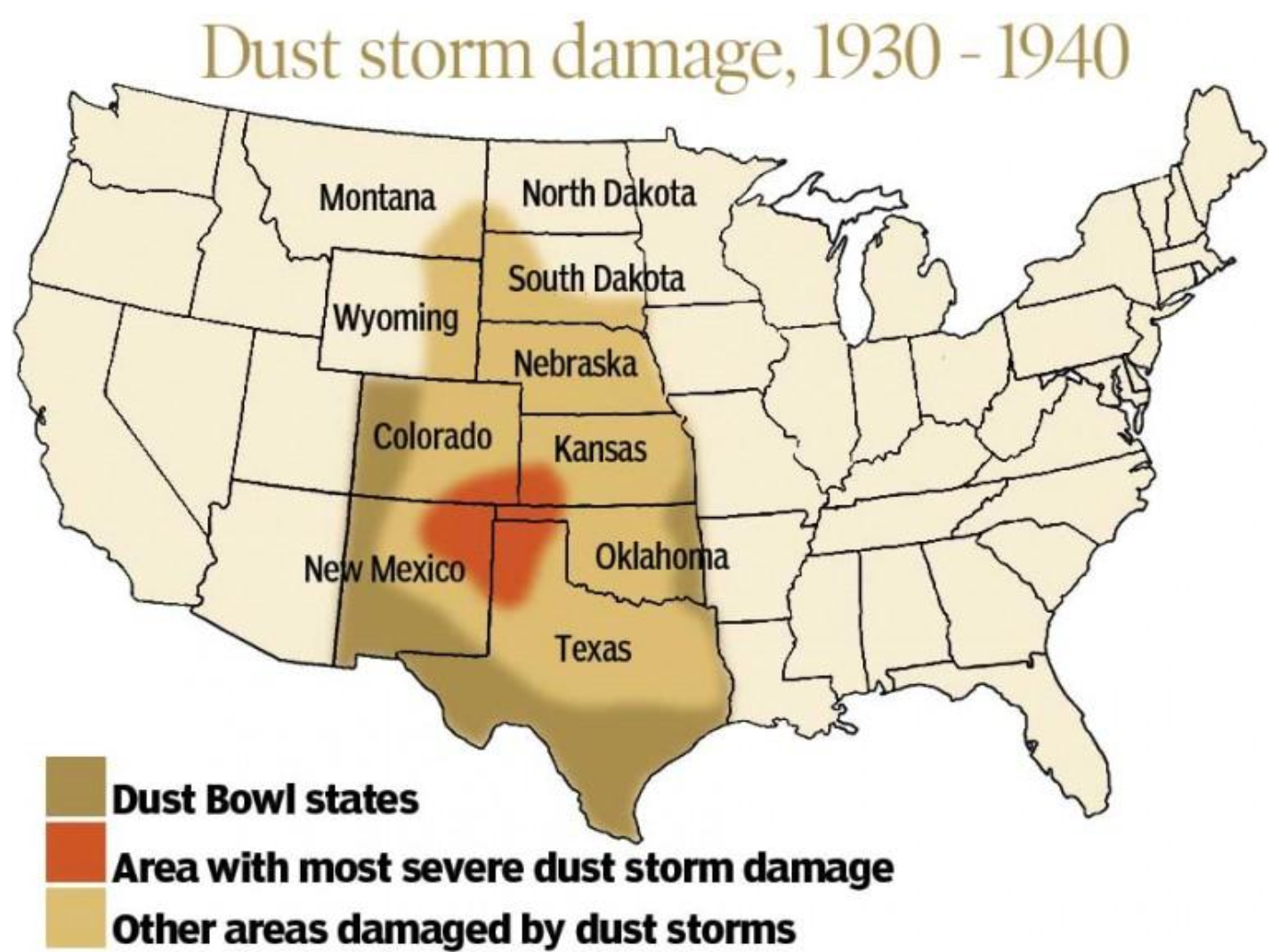Write on either (or both) of the following prompts:
1. Continue the work on "keywords", now finding and defining those related to American Studies.
2. While Campbell and Kean state, in their intro, that the history of American Studies as a discipline (or perhaps a not-innocent branch of "area studies") is not within the scope of their book, test your curiosity by doing some research on the origins and turns of American Studies. [tip: there is a wealth of resources here, as indicated in a note by the authors: http://culturalpolitics.net/]


.jpeg)
American Exceptionalism - as a result of the American revolution and the following creation of a new political system (often referred to as the American Experiment), it is the impression that Americans are perceived or perceive themselves as 'chosen' or the 'exception'. A major source of criticism towards American Studies lies in this, as it prevents academics from doing cross-cultural comparisions, thus singling out the country, and furthering the ideology of the US as special and glorious, using the birth of the Nation as a means to justify their believed right to the colonized land and the position of 'world leader'.
ReplyDeleteAmerican Dream - idea that views America as a promised land where one can ascend greatly socially and economically, since it gives equal opportunity to all. This is, however, supported by the ideals of individualism (John Locke’s support of individual property rights as natural rights, one of the banners under which the US was formed) and the concept of meritocracy (hard work = economic power).
Myths - stories shared amongst one another as a culture in order to make better sense of the world, simplifying them almost to the extent that complex historical processes come off as ‘natural’ and are taken for granted. By modifying the way individuals think and write about the nation, its history and life, myths become depoliticised speech, an ideology.
As of the website "Cultural Politics" and more precisely the page " 1. On the genealogy of American studies" we learn that there is no consensus on the origins of American Studies as a field of studies. Some experts trace it to the 30s, stating that it was in this period of financial crisis that the obsession to define American culture appeared. Others, like Gene Wise, a cultural historian, trace the origins of American studies to the work of Vernon Louis Parrington, an American historian at the beginning of the 20th century. His work, Main Currents on American Thought, was important in defining the American peculiarity. Wise also talks about the work of Perry Miller, an American historian. Both of these historians are considered the founders of American Studies. The beginning of American studies was more theoretical and founded on institutional history. Still, with time the field became more and more progressive, and people started to criticize the old way of doing. American studies are now approached with a few different theories, such as the feminist, the neo-Marxist, and post-structuralist. The article also reminds us of the importance of the global context, and also that American studies need to be analysed in a bigger aspect as it is multi-dimensional.
ReplyDelete2. The history of American Cultural studies, seems to have started out kind of rooted in this idea of American exceptionalism, especially during the Cold War, but over time it’s been challenged and reshaped by voices from feminist theory, Indigenous studies, postcolonial thinkers, and more. The website of Cultural Politics seems to explore how culture isn’t just about identity or tradition—it’s about power, and who gets to define the dominant narrative.
ReplyDeleteWithin the website, we can see that, writers like Stuart Hall and Edward Said really helped shift the conversation. And scholars like Amy Kaplan and John Carlos Rowe pointed out how American Studies often ignored empire, class, and race in its earlier forms. Now, the field feels more open—more critical—but it’s still dealing with the baggage of its past. So while it’s called “American” Studies, it’s not just about the U.S. anymore; it’s about looking at how “America” was constructed, and who was left out of that story.
1. Having in consideration the answer from the second question: Power, Geopolitics, Hegemony (in different contexts).